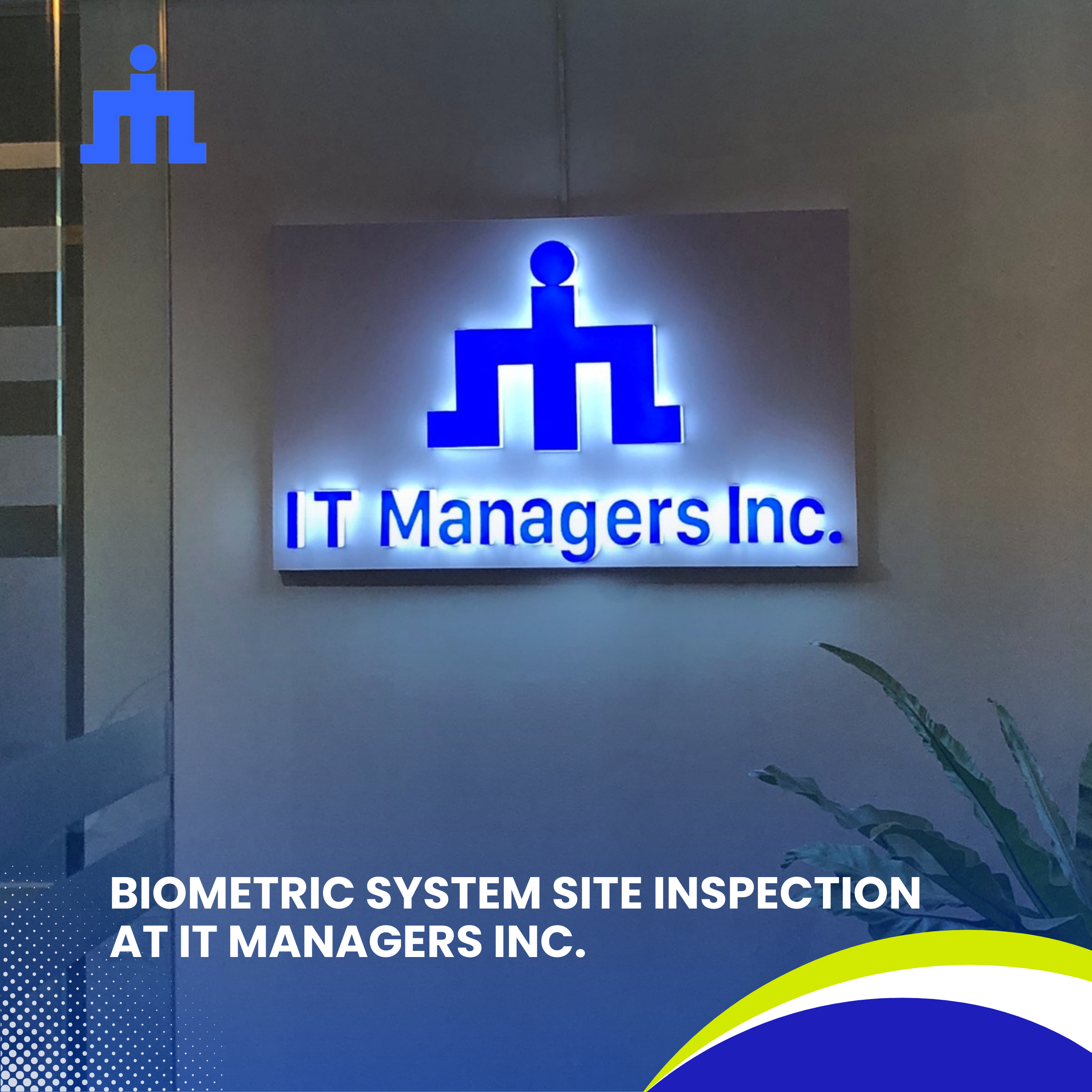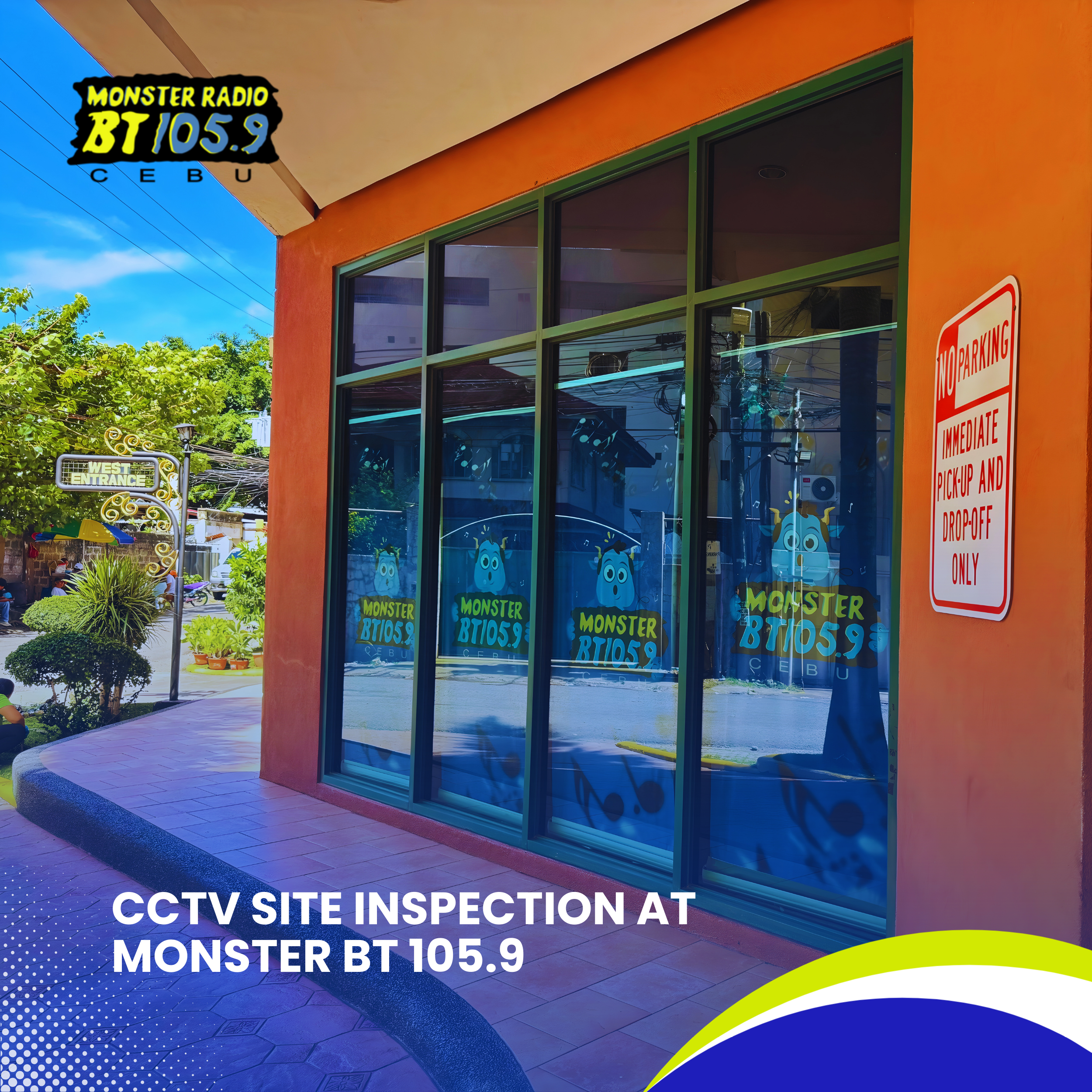Biometric System Site Inspection at IT Managers Inc. Introduction: Biometric System Site Inspection at IT Managers Inc. A biometric system site inspection was conducted by the InstallersPH IT Solutions team for IT …
The Ultimate Guide to Choosing the Right CCTV Camera System.

Introduction
In an era where security is paramount, selecting the right Closed-Circuit Television (CCTV) camera system for your property or business is crucial. The market is flooded with a plethora of options, each boasting unique features and specifications. To make an informed decision, it’s essential to understand the key factors that contribute to choosing the right CCTV camera system.
1. Define Your Purpose:
Before delving into the technical aspects, it’s vital to identify the primary purpose of your CCTV system. Are you installing it for home security, business surveillance, or both? Understanding your specific needs will guide you in choosing the appropriate features and system specifications.
Types of CCTV Cameras:
CCTV cameras come in various types, each designed for specific applications. The most common types include:
a. Dome Cameras:
Ideal for indoor use, these cameras offer a discreet design and are less prone to vandalism.
b. Bullet Cameras:
Suited for outdoor surveillance, bullet cameras are noticeable and often deter potential intruders.
c. PTZ Cameras:
Pan-Tilt-Zoom cameras provide the flexibility to pan, tilt, and zoom remotely, offering a wide coverage area.
d. IP Cameras:
Internet Protocol cameras transmit data over a network, allowing for remote monitoring through the internet.
e. Thermal Cameras:
These cameras detect heat signatures, making them suitable for low-light conditions and areas with minimal visibility.
f. Day/Night Cameras:
Equipped with infrared technology, these cameras provide clear images in low-light or complete darkness.
Understanding the distinct features of each type will aid in selecting the cameras that align with your surveillance requirements.
2. Resolution and Image Quality:
One of the critical factors in choosing a CCTV camera system is the resolution. Higher resolution cameras produce clearer and more detailed images, enabling better identification of individuals and objects. Common resolutions include 720p, 1080p (Full HD), and 4K. While higher resolutions offer superior image quality, they also require more storage space.
Consider the specific areas you want to monitor and choose a resolution that suits your needs without compromising on storage requirements.
3. Field of View:
The field of view (FOV) of a camera determines the area it can cover. Understanding the layout of the space you intend to monitor will help you determine the appropriate FOV. Wide-angle lenses are suitable for open spaces, while narrow-angle lenses are ideal for focused surveillance on specific points.
4. Low Light Performance:
Effective surveillance doesn’t stop when the sun goes down. Assess the low light performance of the CCTV cameras under consideration. Cameras equipped with infrared (IR) technology or low lux ratings can capture clear images even in minimal lighting conditions.
5. Storage and Retention:
CCTV systems generate vast amounts of data, and having an efficient storage solution is crucial. Decide whether you want to use local storage through Network Video Recorders (NVRs) or cloud-based storage solutions. Consider the retention period you require for your footage and ensure that the chosen storage method can accommodate it.
6. Connectivity and Remote Monitoring:
With advancements in technology, many CCTV systems offer remote monitoring capabilities. Ensure that the system you choose allows for easy connectivity to smartphones, tablets, or computers. This feature provides the convenience of monitoring your property or business from anywhere in the world.
7. Motion Detection and Alerts:
To reduce the amount of recorded footage and focus on relevant events, consider cameras with motion detection capabilities. This feature triggers recording when motion is detected, saving storage space and making it easier to review important events. Additionally, choose a system that sends alerts or notifications when suspicious activity is detected.
8. Weather Resistance and Durability:
For outdoor surveillance, it’s crucial to select cameras that are weather-resistant and durable. Look for cameras with Ingress Protection (IP) ratings indicating their resistance to dust and water. This ensures the longevity and reliability of the CCTV system in various environmental conditions.
9. Budget Considerations:
While it’s tempting to opt for the latest and most advanced CCTV systems, it’s essential to set a realistic budget. Determine the features that are non-negotiable for your specific needs and allocate your budget accordingly. Keep in mind that investing in quality equipment pays off in the long run by providing reliable and effective surveillance.
10. Brand Reputation and Support:
When investing in a CCTV camera system, consider the reputation of the brand. Established and reputable brands often provide better quality products and reliable customer support. Research customer reviews, testimonials, and ratings to gauge the satisfaction of other users with the brand’s products and services. Additionally, check if the manufacturer offers warranties and after-sales support to address any potential issues.
11. Scalability:
Consider the scalability of the CCTV system, especially if you anticipate future expansions or upgrades. Choose a system that allows you to add more cameras or upgrade components easily. Scalability ensures that your surveillance system can grow along with your changing needs without requiring a complete overhaul.
12. Compliance with Regulations:
Be aware of any legal or regulatory requirements related to surveillance in your area. Some regions have specific laws regarding the use of CCTV cameras, such as privacy considerations and data protection. Ensure that the chosen CCTV system complies with these regulations to avoid legal issues and potential penalties.
13. Integration with Other Security Systems:
For a comprehensive security approach, consider CCTV systems that can integrate with other security measures, such as access control systems, alarms, or fire detection systems. Integration enhances the overall efficiency of your security infrastructure, providing a unified solution for monitoring and responding to potential threats.
14. User-Friendly Interface:
Ease of use is a critical aspect, especially if you or your security personnel are not tech-savvy. Choose a CCTV system with an intuitive and user-friendly interface that simplifies the process of navigating through settings, reviewing footage, and managing the system. A straightforward interface contributes to efficient monitoring and reduces the learning curve for users.
15. Power Supply and Redundancy:
Ensure that the chosen CCTV system has a reliable power supply, and consider adding backup options to prevent disruptions during power outages. Some systems come with Power over Ethernet (PoE) capabilities, while others may require separate power sources. Assess your location’s power infrastructure and choose a system that aligns with your power supply requirements.
16. Maintenance and Upkeep:
Regular maintenance is crucial to keep your CCTV system in optimal condition. Consider the maintenance requirements of the chosen system, including software updates, camera cleaning, and hardware checks. Opt for systems that provide easy maintenance procedures to ensure the longevity and performance of your surveillance infrastructure.
Conclusion:
Choosing the right CCTV camera system involves a thorough understanding of your security needs, the types of cameras available, technical specifications, and budget constraints. By considering these factors, you can make an informed decision that ensures the safety and security of your property or business. Stay vigilant, invest wisely, and enjoy the peace of mind that comes with a well-chosen CCTV camera system.
Related Articles
CCTV Site Inspection at Monster BT 105.9. Introduction. On February 16, 2026 (Monday), the technical team from InstallersPH IT Solutions conducted a scheduled CCTV site inspection at Monster BT 105.9, situated in …
No CCTV, No Permit: What Businesses in Cebu Need to Know. Introduction. In 2026, business owners in Cebu are facing a growing and very important requirement: “No CCTV, No Permit.” This means …



